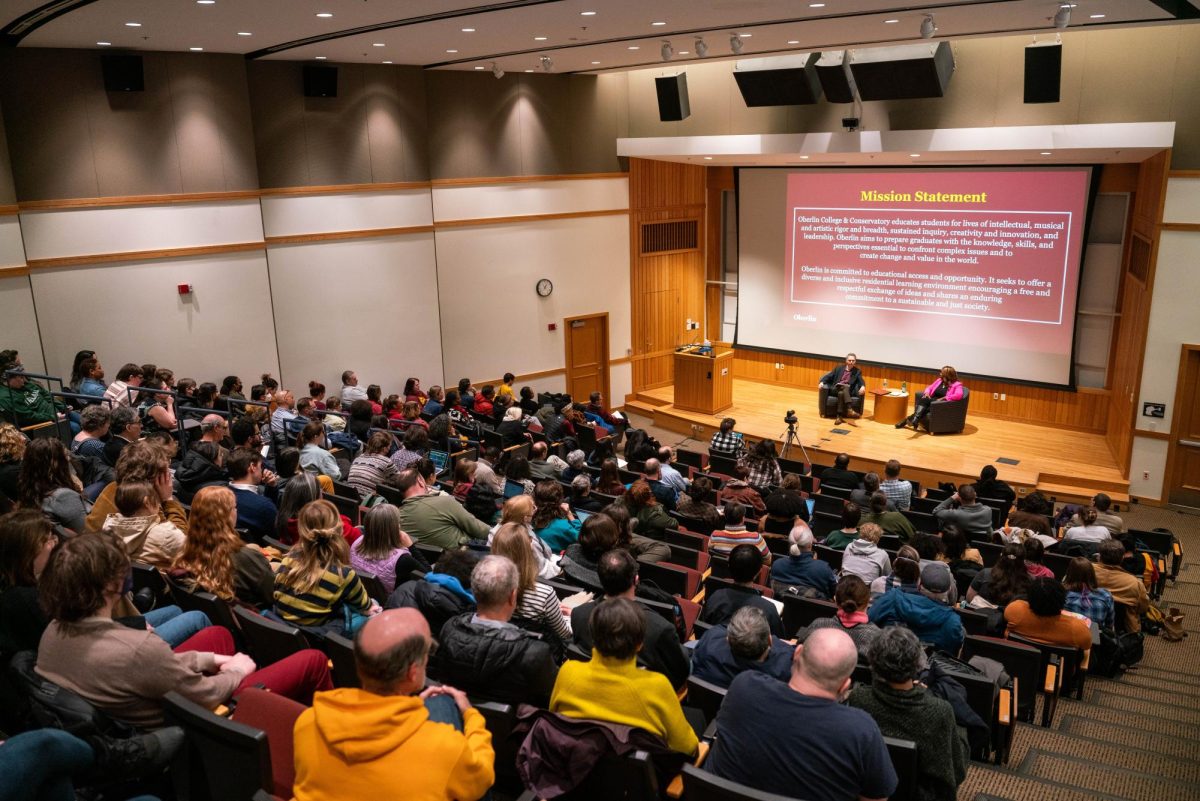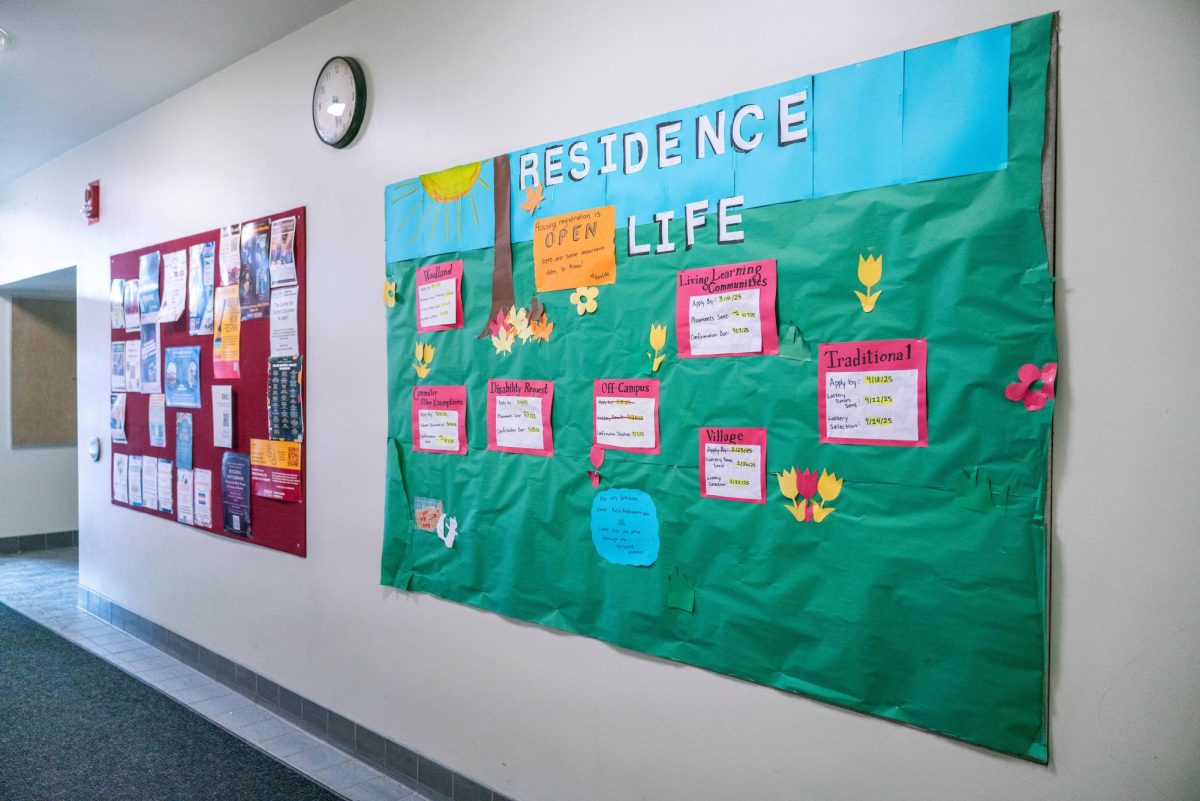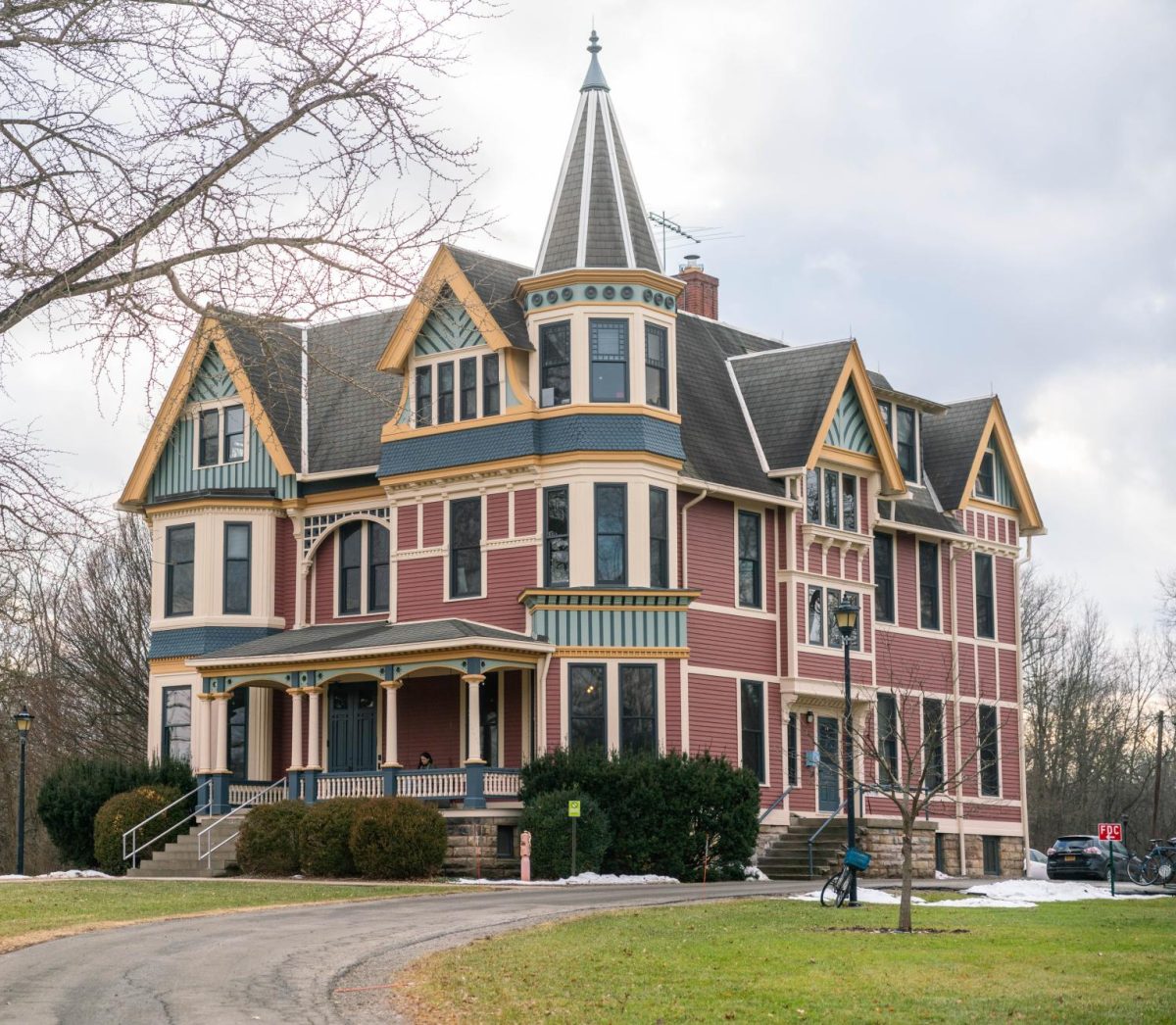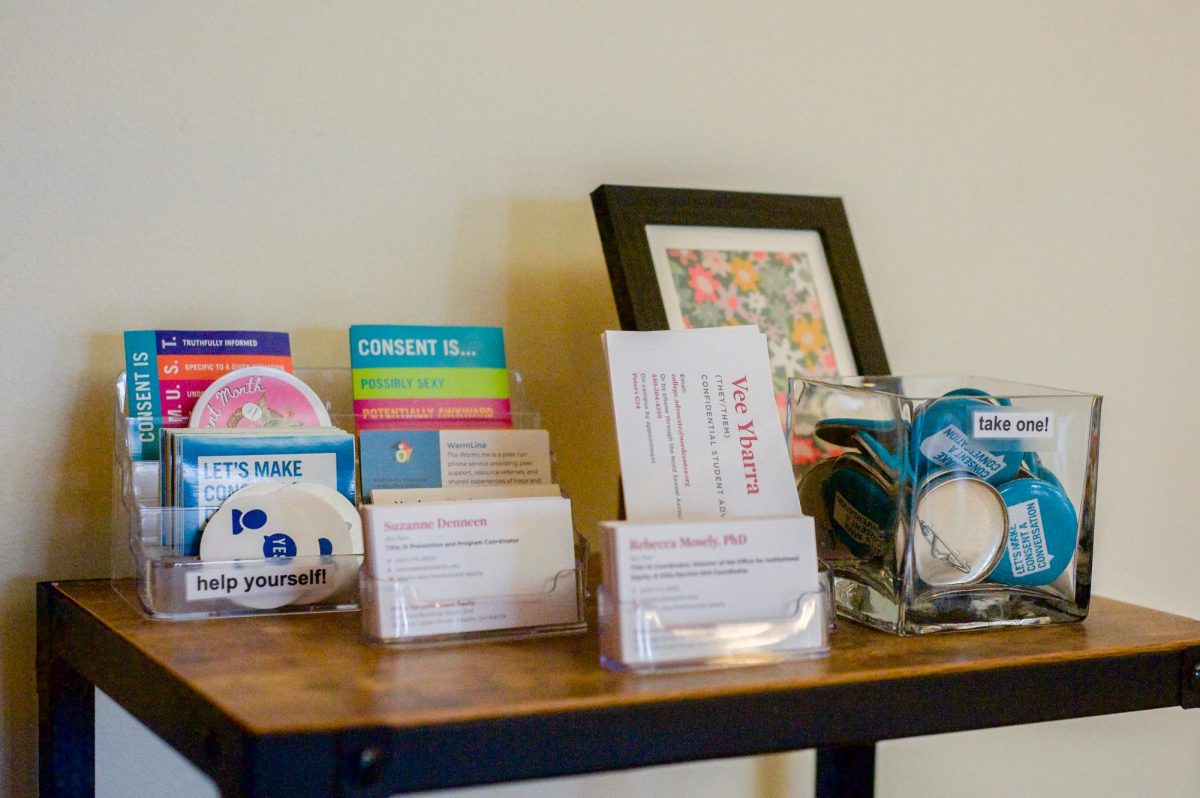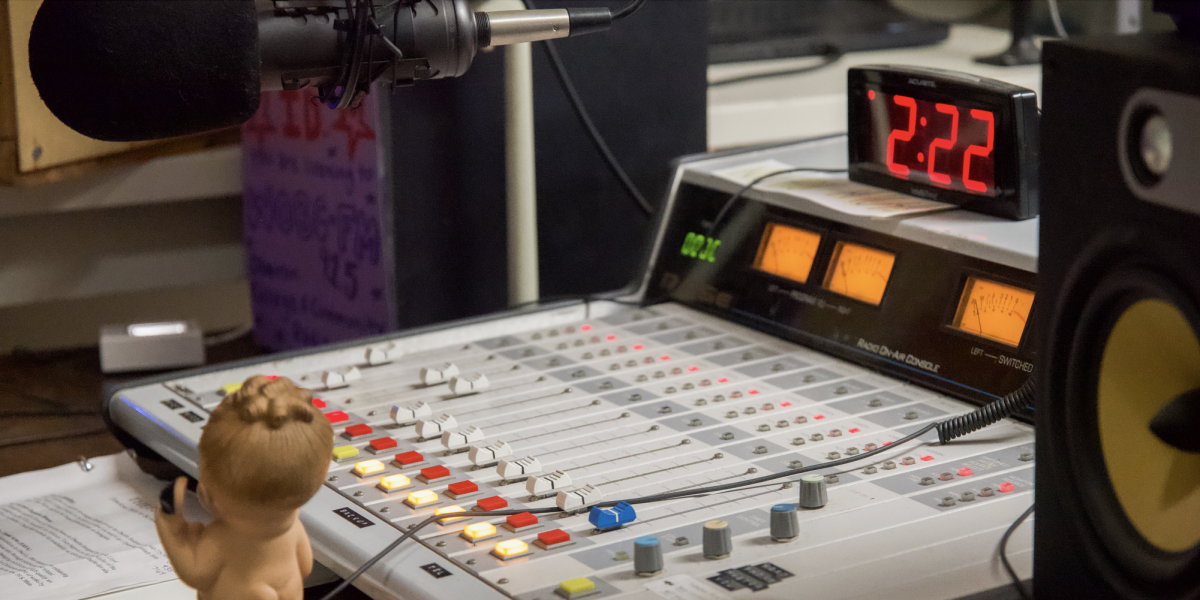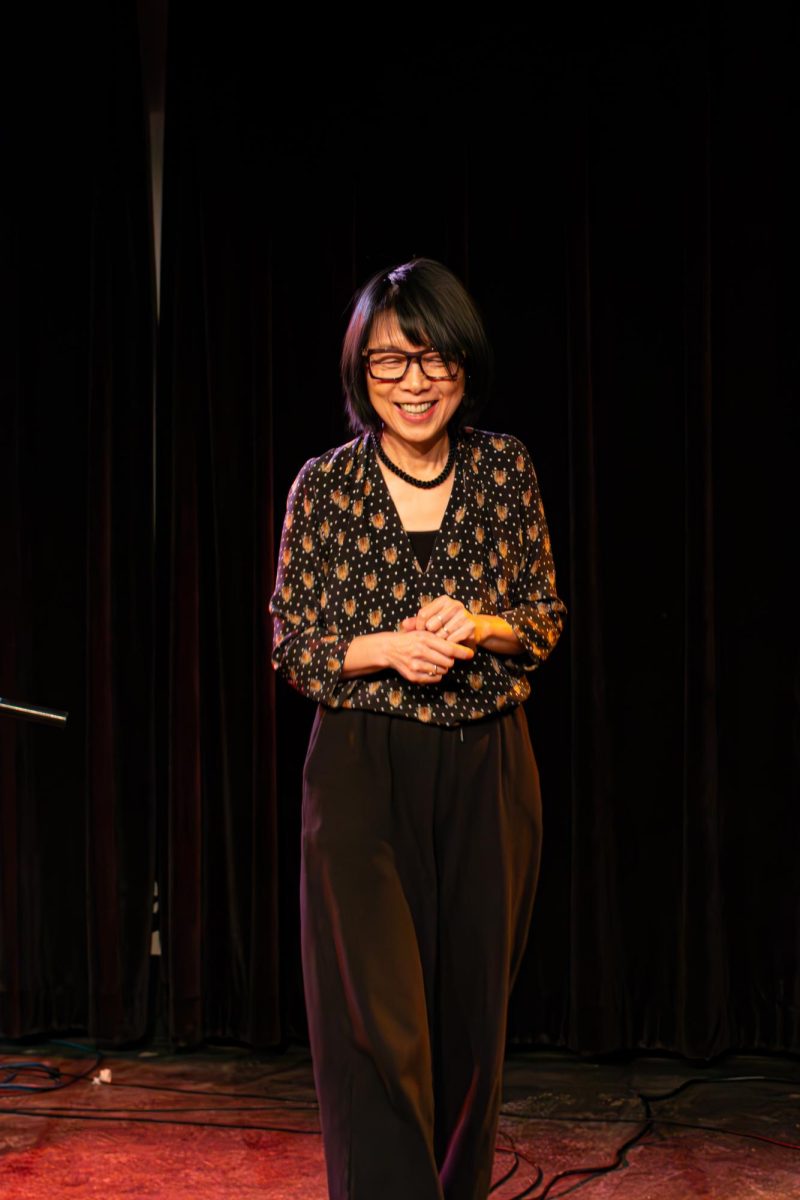Student Innovators Bridge Digital Divide
September 26, 2014
After successfully creating a device that allows underfunded schools to engage students with audiovisual content related to their lessons, five College students are attempting to raise $50,000 in order to take their project to the next level.
The device, which the students are promoting through LumenEd, the company they founded, operates in communities that do not have access to the internet and is equipped with a digital library of over 1,500 educational videos ranging by grade and core subject. The projector also contains a USB port for teachers who need access to customizable content.
For co-creator and College senior Saksham Khosla, the device, known as the Bright Orange Box, has the potential to make a powerful impact in areas where students have little exposure to such technology.
“We wanted to see if kids in a classroom in India — who have never been exposed to the internet and don’t usually have video content available in the classroom — if we could provide a way for them to gain access to these materials or some avenue of audiovisual learning,” Khosla said. “We thought that we could potentially improve learning outcomes in the classroom, which can help us circumvent the problems of infrastructure, teacher motivation and social pressures that the kids might be facing outside of school.”
Khosla, along with fellow College seniors Shiva Mandala and Prakash Paudel, first came up with the idea for the box in early 2013, while considering their respective lifestyles in their home countries in Southern Asia. Although the trio received good educations, India has an adult literacy rate of less than 75 percent and an underfunded education system.
According to Khosla, parents will often remove their children from school to have them help work in the fields, thus limiting their children’s chances at passing the public exams in commerce, science and humanities that determine which college or professional training program a student goes into.
The three applied for a grant from the Oberlin Creativity and Leadership Program and were given $1,500 to put together their first device. Paudel reached out to College junior Thomas Kreek for help with creating the hardware, and in the summer of 2013, Khosla, Mandala and Paudel traveled to India to test their product for the first time.
While in India, the trio spent two weeks with a class of underprivileged students in New Delhi, where they worked with Joanna Sundharam, a Teach for India Fellow at the Nigam Pratibha Balika Vidyalaya school in the North district of Delhi. She reported that her class of approximately 30 fourth graders were more engaged than ever and remembered their lessons much better.
“So I took a couple of math classes, I was teaching them shapes, and I taught them a couple of things about circles,” Sundharam told the founders in an interview. “The fact that there was a video accompanying it really improved their understanding. When [they] took a test they did really well on that. I think a lot of that had to do with the fact that they could understand all the concepts visually. Because it was part of the video and they were so excited about the whole thing, they were really listening and most of them got it.”
The LumenEd team also placed a Bright Orange Box in the classroom of Anurag Gupta, who taught at the same North Delhi school. Gupta was one of the teachers who ran the Pen-Pal Program, a unique feature of the device that links the Bright Orange Box to computers in classrooms across the United States, allowing them to communicate by sharing videos.
“I remember the first time I showed them a video in which there were kids from Iraq, Iran and different parts of the U.S.; for the kids it was a very new thing,” Gupta said. “And in response, my kids planned how they should record their video so that it was [as] impressive as the other classroom’s video. A lot of introspection happened for the kids — how to make their videos better, how to introduce themselves. I think those sorts of questions came out very well when they were doing the Pen-Pal Program.”
Upon returning to Oberlin, the team decided to apply for LaunchU, an Oberlin Winter Term program that is designed to help students transform an idea into a sustainable business model. At this point, College senior Henry Harboe, a close friend of the team, was brought onto the project. Harboe had created his own biking advertisement start-up called Traffic-Ads the previous year, and he, Kreek and Paudel won first place in their division at LaunchU with LumenEd, earning another $1,500 in prize money.
LaunchU Entrepreneur-in-Residence John Knific said that their biggest challenges were deciding whether LumenEd is primarily about the content or about the device and figuring out a sustainable financial model, a challenge that every growing venture must face.
“A financial model requires you to look at the value of your product, what you charge for it, and then determine if there’s enough market opportunity to scale that up,” said Knific.
During the spring of 2014, the team applied for and received a $10,000 grant from the Davis Projects for Peace to use for their pilot program that summer. Kreek, Khosla, Mandala and Paudel went to India and assembled six devices by hand, then set them up in schools, working with teachers to match content with lesson plans.
“We didn’t want to be a teacher replacement,” said Khosla. “We wanted to ease the burden on the teacher; to make her teaching more effective; to make her command over the classroom better and to make the students more engaged with their learning. That’s why we actively work with teachers for two to three weeks before the program goes live to make sure that the content they’re using is mapped onto every single lesson plan, depending on topic, subject matter, difficulty [and] grade level.”
This year, the team of seniors is working on scaling up its organization, raising money and finding a manufacturer who will be able to make more devices at an affordable price. The goal is to have devices in between 50 and 100 schools in India. They plan to launch a crowdfunding campaign by December 2014 with the goal of raising $50,000 before the end of the academic year.
The team’s long-term goal is to help students and teachers in India; in order to sustain LumenEd financially the team is working out a system wherein American schools would pay to participate in the Pen Pal Program, thereby subsidizing the expenses for Indian schools.
“I think most of the team is decided that this is worthwhile [to pursue] after school,” said Kreek. “For me it became clear this summer when basically everything possible went wrong, and no one gave up, and I realized at that point that these people are pretty serious.”
Harboe also said that he hoped to expand their office space.
“We hope to raise enough money between now and when we graduate in the spring, that we’ll have enough money to sustain a small team working [ full-time] in an office space somewhere like Cleveland or Chicago,” said Harboe.





